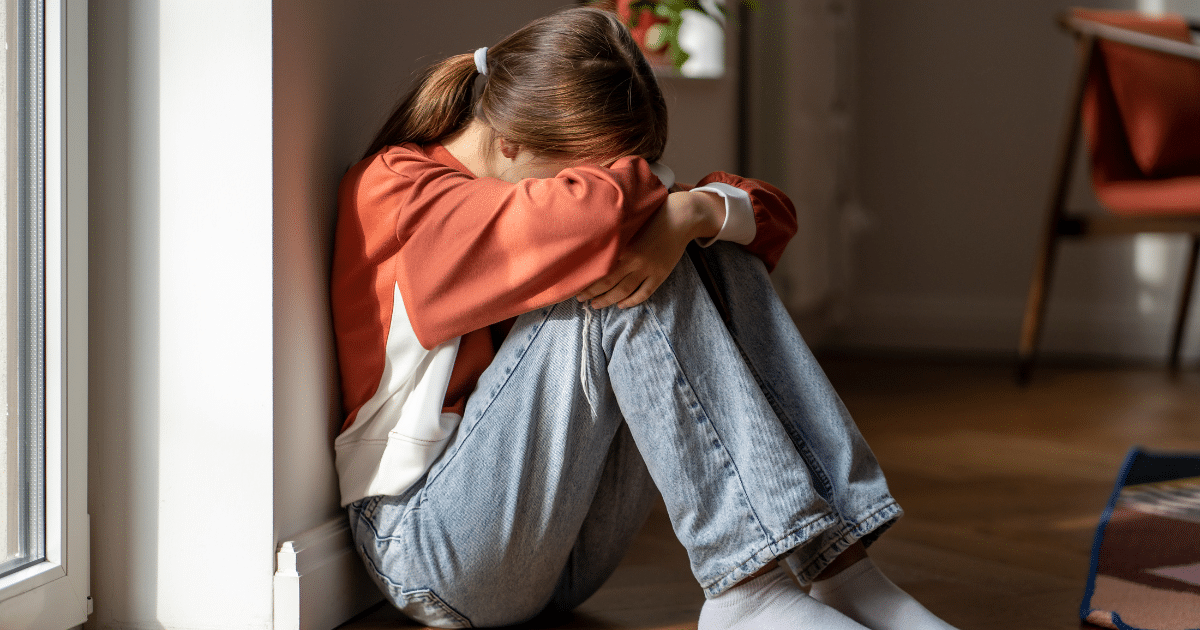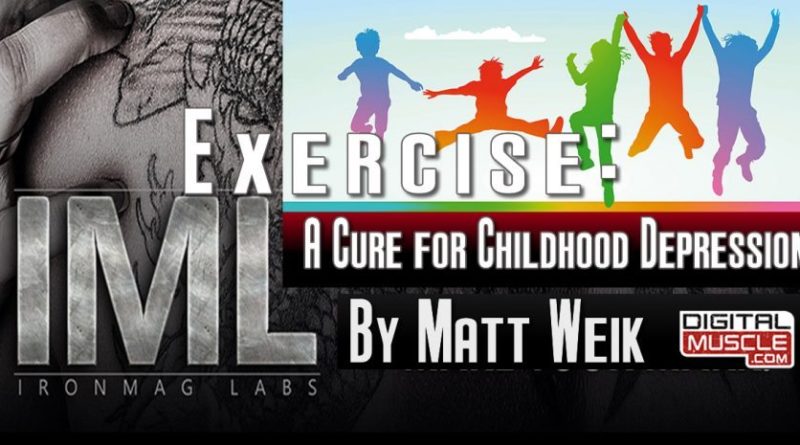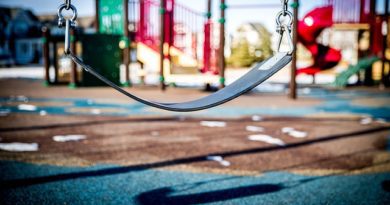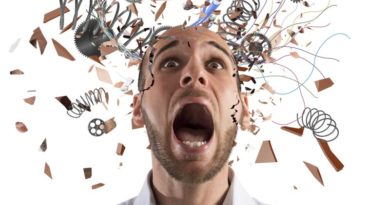Childhood Depression: Exercise Might Be the Cure
Back in the day, childhood depression never seemed to be an issue. In fact, I don’t even ever remember hearing about it when I was a kid. However, the truth is, many kids these days suffer from depression. Unfortunately, some never make it out of that depression and end up taking their own lives. Doctors are prescribing anti-depressants and kids are popping them like Pez. There’s got to be a better way to treat childhood depression without having kids popping pills!
Now researchers seem to have found a way to help curb depression and keep children from showing any signs of depression through the use of exercise.
Disclaimer: This article is for informational purposes only and is not meant to treat or diagnose any condition. It is recommended that you speak with your doctor before starting any exercise program, changing your daily nutrition, or adding any supplements to your regimen.
Table of contents

What is Childhood Depression?
Childhood depression, also known as pediatric depression or major depressive disorder in children, refers to a mental health condition characterized by persistent feelings of sadness, hopelessness, and irritability that significantly interfere with a child’s daily functioning and overall well-being.
Children experiencing depression may also exhibit physical complaints such as headaches or stomachaches without any apparent medical cause. It’s important to note that while some sadness and moodiness are normal parts of childhood, persistent and severe symptoms that interfere with daily life may indicate childhood depression.
Various factors can contribute to childhood depression, including genetic predisposition, biochemical imbalances in the brain, traumatic life events, chronic illness, family conflict, and environmental stressors. Early identification and intervention are crucial for effectively managing childhood depression and preventing long-term negative consequences.
Treatment typically involves a combination of psychotherapy, such as cognitive-behavioral therapy (CBT) or interpersonal therapy (IPT), and, in some cases, medication. Family involvement and support are also essential components of treatment. With proper support and intervention, many children with depression can experience significant improvement in their symptoms and overall quality of life.
What Are Symptoms of Childhood Depression?

Symptoms of childhood depression can vary depending on the age of the child and individual factors, but some common signs and symptoms include:
- Persistent sadness or low mood: A child may frequently appear sad, tearful, or hopeless. They may express feelings of sadness without an apparent reason.
- Irritability or anger: Children with depression may exhibit increased irritability, frustration, or anger. They may have frequent temper tantrums or become easily annoyed.
- Loss of interest or pleasure: A child may lose interest in activities or hobbies they once enjoyed. They may withdraw from friends and family and prefer to spend time alone.
- Changes in appetite or weight: Depression can affect a child’s appetite, leading to changes in eating habits. Some children may experience significant weight loss or gain.
- Sleep disturbances: Children with depression may have difficulty falling asleep, staying asleep, or experience excessive sleepiness during the day.
- Fatigue or lack of energy: A child may often feel tired, lethargic, or lacking in energy, even after getting enough sleep.
- Physical complaints: Some children with depression may frequently complain of physical symptoms such as headaches, stomachaches, or other unexplained pains.
- Difficulty concentrating or making decisions: Depression can impair cognitive function, making it challenging for a child to concentrate, remember things, or make decisions.
- Feelings of worthlessness or guilt: A child may express feelings of worthlessness, self-blame, or guilt, even for minor mistakes or failures.
- Thoughts of death or suicide: In severe cases of childhood depression, a child may express thoughts of death or suicide, either explicitly or indirectly. It’s essential to take any mention of suicide seriously and seek immediate help.

It’s important to note that not all children with childhood depression will exhibit all of these symptoms, and the severity of symptoms can vary. Additionally, symptoms may manifest differently depending on the child’s age, gender, and individual circumstances. If you suspect that a child may be experiencing depression, it’s crucial to seek professional evaluation and support from a qualified mental health professional.
EXERCISE to help reduce the symptoms!
It seems like exercise may be the only pill that your child will need to swallow if you want to help put your mind at ease. The thought of your child becoming depressed is a real concern of parents today. We all try to shelter our kids from anything that could cause them to slip into a downward spiral and become depressed. Weight issues, bullying at school, not fitting in with certain groups, bad grades, not making a sports team, etc. But now, researchers are saying a dose of exercise will do them some good.
It has been shown through many studies that exercise is a great way for adults to decrease their likelihood of becoming depressed. We also know the positive effects exercise has on our overall mood, well-being, health, and longevity. The one thing that was never truly focused on was how exercise correlated with kids and their likelihood of showing signs of childhood depression in their youth. For that reason, a group of researchers from the University of Science and Technology in Trondheim got together to conduct such a study.
Click here to continue reading…


*Disclosure: This article may contain affiliate links or ads, which means we earn a small commission at no extra cost to you if you make a purchase through these links. These commissions help support the operation and maintenance of our website, allowing us to continue producing free valuable content. Your support is genuinely appreciated, whether you choose to use our links or not. Thank you for being a part of our community and enjoying our content.
PLEASE CONSIDER SHARING THIS ON YOUR SOCIAL MEDIA TO HELP OTHERS LEARN MORE ABOUT THIS TOPIC.





